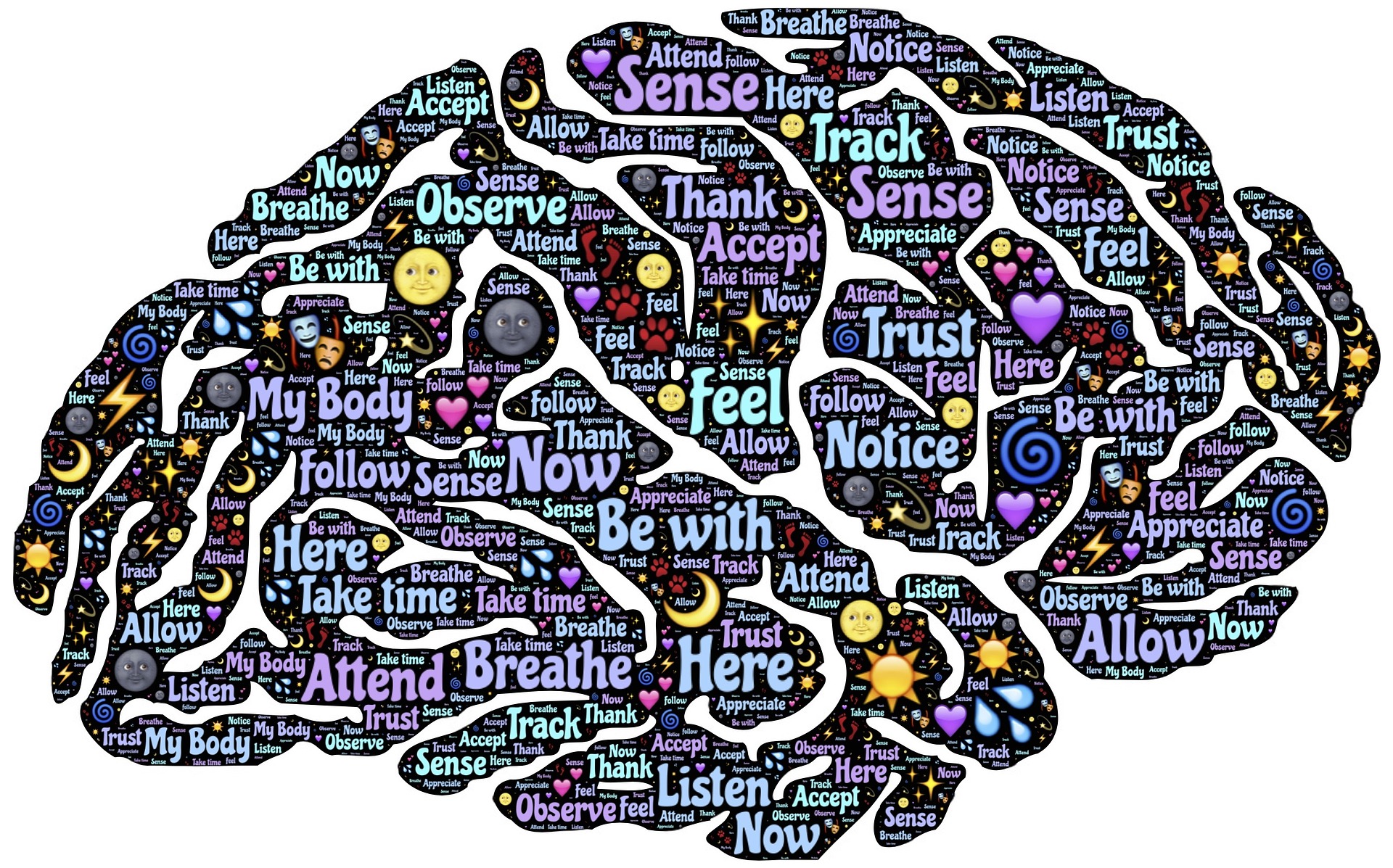Do you ever feel “foggy?” You know, like you just aren’t thinking as clearly as usual. If so, don’t fret too much. Everyone has a little brain fog on occasion. If it happens too often for your comfort, and you feel like you’re regularly suffering from a serious case of brain fog, there are steps you can take.
Brain fog can be frustrating and greatly limit your productivity and creativity, but there are steps you can take to reduce or even eliminate brain fog. Try these tips and see just how clear-headed you can actually be.
Keep moving

Moving is important in everything we do. The World Health Organization recently reported that, “Sedentary lifestyles increase all causes of mortality, double the risk of cardiovascular diseases, diabetes, and obesity, and increase the risks of colon cancer, high blood pressure, osteoporosis, lipid disorders, depression and anxiety. According to WHO, 60 to 85% of people in the world—from both developed and developing countries—lead sedentary lifestyles, making it one of the more serious yet insufficiently addressed public health problems of our time.”
That is why is so important to exercise your body. It’s equally important to exercise your brain as well. Your brain and your body need a workout each day. Have you ever noticed that you feel better and think more clearly after a moderate bout of exercise? Plan some mental and physical exercise into your daily schedule.
- Mental exercise can be as simple as working a few brain puzzles or math problems. There are many apps available on
 your phone designed to exercise your brain. If you prefer something away from electronics there are a lot of good books out there that help.
your phone designed to exercise your brain. If you prefer something away from electronics there are a lot of good books out there that help. - Physical exercise doesn’t have to be complicated or demanding, find something you love. Group exercise is a great way to move more and make new connections (which is also a good tool to help with brain fog.) Whatever you choose, do it regularly And make sure it challenges you enough that you’re heart rate increases to an aerobic level.
Limit stress
Stress is something we need to deal with and not stuff away. According to Harvard Health, “Stress affects not only memory and many other brain functions, like mood and anxiety, but also promotes inflammation, which adversely affects heart health, says Jill Goldstein, a professor of psychiatry and medicine at Harvard Medical School. Thus, stress has been associated with multiple chronic diseases of the brain and heart.”
Stress is hard on your body and your brain. Lower your stress levels if you want to do your best thinking.
Check in with your health
Get a checkup. See your doctor if you’re having issues with brain fog and nothing else seems to be working. It might be that you have an underlying medical condition that’s contributing to your brain fog. You might also be taking medication that’s creating challenges for you. Don’t wait for things to change. If what you’ve tried isn’t working, you don’t want to ignore what may be a possible symptom of something serious.
You are what you eat
Eat healthy food. Unhealthy food can leave you with brain fog. Also, there are foods that are often considered to be healthy that just might not sit well with your system. It’s important to notice how you feel after eating different foods and use that information to your benefit. Experiment and see what you discover.
Make sure you are getting enough good nutrition. Spend a little extra to get good quality food so your body can get the best nutritional value. Consider superfoods like blue-green algae (but once again, make sure it is pure.)
Blue green algae is one of my favorite superfoods because It is loaded with various nutrients and antioxidants that may benefit your body and brain. Studies show it may reduce inflammation, help with cholesterol, improve your levels of blood lipids, suppress oxidation, reduce blood pressure and lower blood sugar.
Get enough sleep
Sleep the right number of hours for you. If you’ve ever missed out on a few hours of sleep, you know how compromised your ability to think clearly can be. A lack of sleep is a major cause of brain fog. Most adults need seven to eight hours of restful sleep each night, but relatively few get it.
- Interestingly, many people also suffer from brain fog if they sleep too long. An hour or more of sleep beyond what you require can greatly reduce your alertness. It’s not easy to reach 100% alertness if you sleep too long.
- A study that looked at sleep deprivation over time made a lot of interesting finds, but the one that really stood out was that most of the participants, while under performing on the tasks they measured, insisted they didn’t feel tired at all. We have a tendency to trick ourselves into thinking we’re feeling great, when we’re really missing important cues our bodies are trying to give us. Even if you think you do just fine with 5-6 hours of sleep, try sleeping longer and see if it helps.
Avoid stimulants and depressants
Too much caffeine can leave your brain racing. The same goes for other stimulants as well. Stimulants can also interfere with falling and staying asleep – which has an impact on brain fog itself as we previously learned. Obviously, depressants whether the occasional glass of wine or something else, can leave you feeling groggy and cloud your thinking. It’s best to avoid both if you want to minimize brain fog.
Drink enough water
How much plain, pure water did you drink today? Most adults don’t get nearly enough water in a day. It is recommended that at a minimum, you should be drinking fifty percent of your body weight in ounces of clean, pure water. So if you weigh one hundred pounds, you need a minimum of fifty ounces of water. Coffee, tea, and other drinks made with water don’t count, by the way.
One of the early signs of dehydration is brain fog. If you just can’t seem to concentrate or to think clearly, have a glass of water and see if that helps. Keep water available so you don’t have to make an effort to go get it and you will be more apt to drink it. Get in the habit, and it becomes very easy to stay hydrated.
You can rest assured that brain fog doesn’t have to be a regular occurrence in your life. Try these ideas to minimize the amount of brain fog you experience and let us know how it goes.
Find your purpose – find your joy!
Would you like copy of Improve Your Mindset? Just click on the link – it’s my gift to you.
Did you find a few more ideas of your own? If so, I’d love to hear about them in the comments, and as always please reach out with your thoughts.
You can also connect with me via –
Email: info@SerenitiesNow.com
Facebook: https://www.facebook.com/sue.pine.92 or on Instagram: @sue.pine.serenities.now

